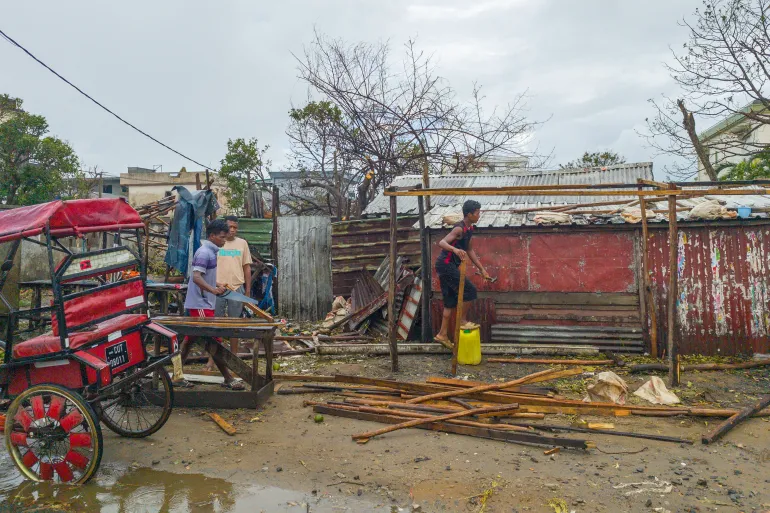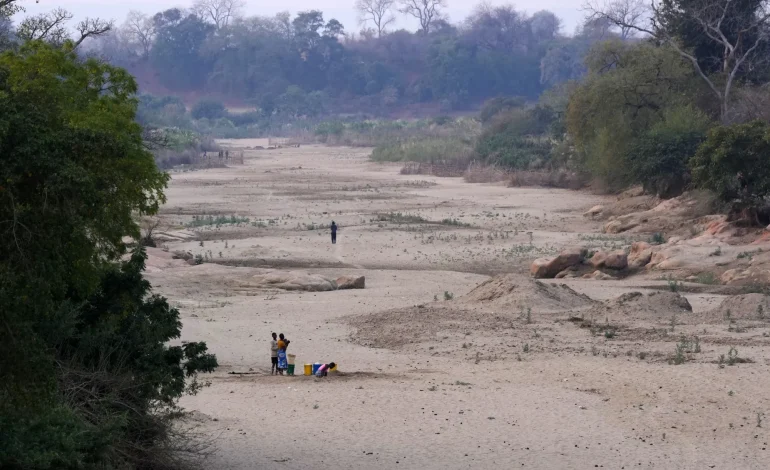Zambia’s economy is facing a significant setback, with the International Monetary Fund (IMF) predicting the smallest expansion since 1998, excluding the pandemic-induced contraction in 2020, Bloomberg reports.
The grim outlook is attributed to the devastating impact of a record drought, which the IMF warns will severely hinder growth.
The Washington-based lender downgraded its economic forecast for Zambia for the second time this year, revising it down to 1.2% from 2.3%. The IMF had already slashed its projection in May, acknowledging the severity of the drought, which the United Nations has declared the worst regional dry spell in over a century.
The drought has had a catastrophic effect on Zambia’s agricultural sector, causing a more than 50% drop in staple corn production. Furthermore, hydropower dams, which supply the majority (85%) of the country’s electricity, are operating at critically low levels, resulting in power cuts lasting up to 21 hours per day for both households and businesses.
This disaster comes at a particularly challenging time for Zambia, as the second-largest copper producer in Africa was just beginning to recover from a prolonged and painful debt-restructuring process.










The latest news in your social feeds
Subscribe to our social media platforms to stay tuned